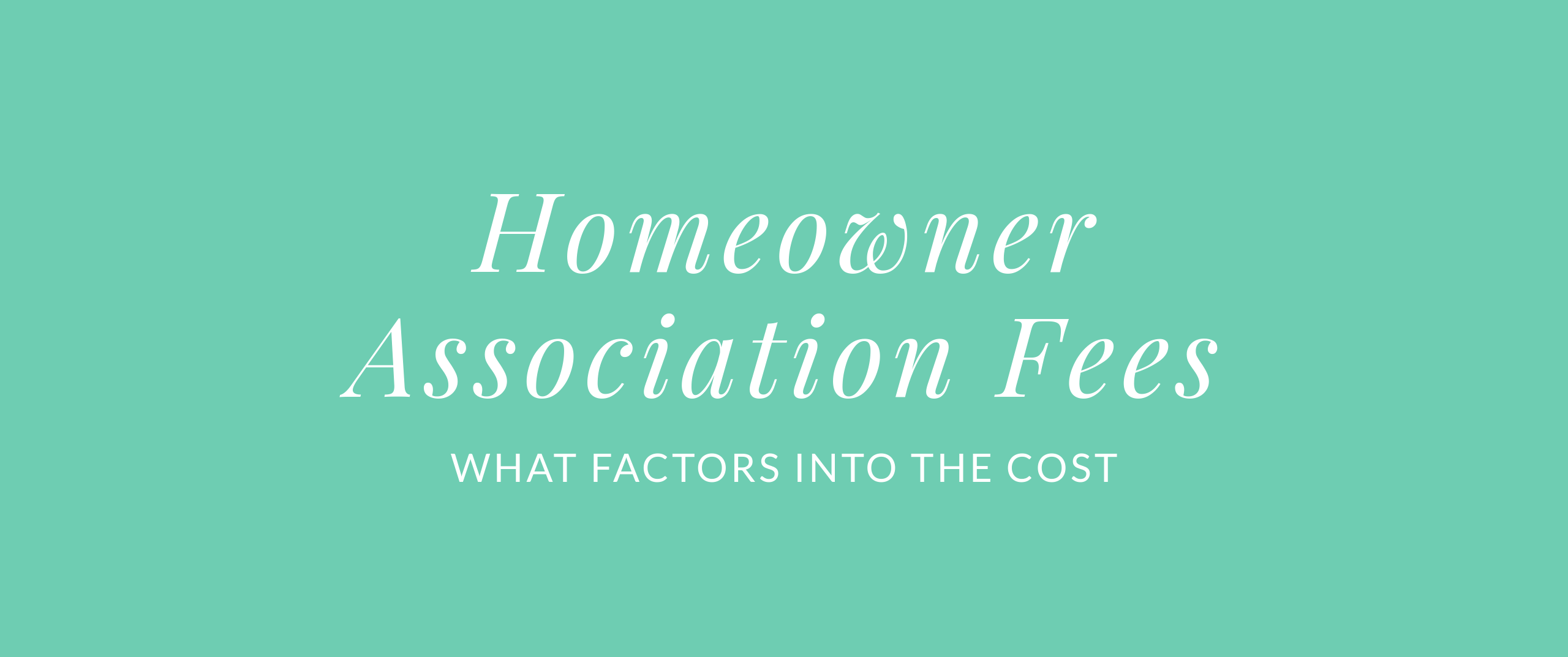Breaking Down HOA Fees: What You Need To Know
If you live in a condominium community, you're very familiar with homeowners association fees or dues. You are also likely familiar with the fact that fees vary depending on which condominium community you live in. If your property has a pool, fitness center, concierge, and roof deck, chances are your fees are higher than your friend's who lives in a community where the only communal space is a resident lounge. But what exactly goes into determining the fees for your condominium complex? Let's break it down.
Building Operation Costs
Homeowner association fees depend on the size and needs of the property. The number of services and staff needed to maintain your property has a direct correlation to the building's annual operating budget. Here are a few things that directly impact homeowner association fees:
- Amenities: if your property has a dedicated full-time, on-site, concierge, their salary is likely a line item on the annual budget and therefore, a shared cost for all homeowners. Similarly, if you have a dog wash, fitness room, or any other community amenity, the cost to maintain those spaces factors into your fees.
- Maintenance: if your property is particularly old, or if you have a lot of high-tech equipment in your building, your maintenance needs could be higher, especially if a specialist is needed to service particular parts of the property.
- Landscaping: lots of lush lawns and planters require a delicate touch, intricate irrigation systems, and frequent attention. For properties that have expansive grounds, your fees are directly impacted by the cost to maintain that land.
- Snow Removal: one of the best parts about living in a condominium community is you no longer need to shovel your driveway. Snow removal services factor into your overall homeowner association fees so be sure to ask about what is covered when inclement weather hits.
- Property Management: if your community is professionally managed, your Board of Trustees has engaged with a partner to execute their plan for the day-to-day operations of the property. Your property manager reports and works with the Trustees to carry out the Trustees' operational plan. Property management fees can vary greatly depending on how much support the Trustees require in executing their operational plan.
- Shared Utilities: many associations have shared utilities including gas, water, sewer, and electric. These expenses are required to operate the property and are shared among homeowners through your monthly fees.
While this isn't a comprehensive list of what makes up your homeowner association fees, hopefully, it gives you a bit more insight into some determining factors. Ultimately, it's really not a one size fits all scenario. Each property has an operating budget and the cost of maintaining the community is shared among residents. When looking at your particular property, consider all the amenities you get to take advantage of, the age of the property, the grounds, and the services provided, all these make up the cost of your annual homeowner association fees.

